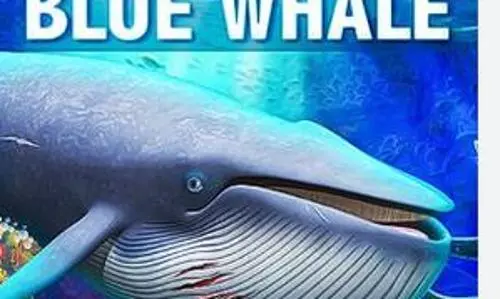
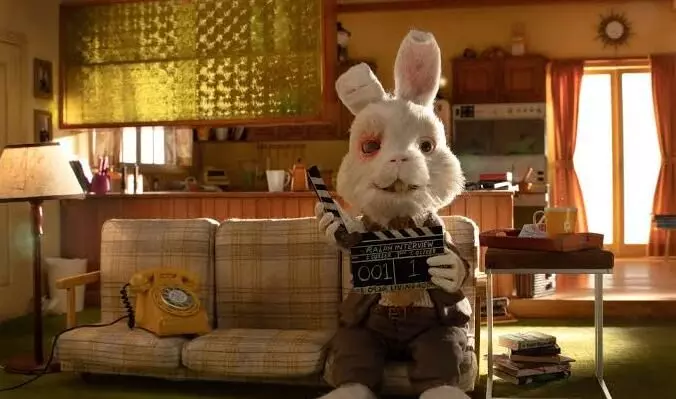
'Save Ralph' sheds light on animal cruelty behind the thriving cosmetic industry
text_fields"Great whale, crying for your life, Crying for your kind, I knew How we would use Your dying: Lipstick for our painted faces, Polish for our shoes." -Kit Wright
The human exploitation of nature has a long history. Animals are said to be the soft target of this exploitation that emerged out of human greed. Over the last hundred years, animals have been the victims of an errant practice of testing cosmetic products by big brands in the cosmetic industry across the world. It is unfortunate that in this era, when rights, including those of animals, are seen as paramount, this heinous crime against animals continues with the intention of flourishing these industries.
Animals are being used to test cosmetics such as makeup, shampoo, skincare and pretty much all the cosmetic products we use every day. The campaigns and desperate calls by several rights groups to end this practice have been left unheeded by governments across the globe.
Among hue and cry with campaigns demanding a ban against this practice, 'Save Ralph', a four-minute-long mockumentary led by Humane Society International that sheds light on how animals are being used for profiteering, stands apart in its presentation and message.
The animated and satirical stop motion film directed by Spencer Susser talks about Ralph, a rabbit in an animal testing lab who shares the sobering message about the realities of animal testing.
The short film premiered on April 6, 2021, has now caused a worldwide stir among the public and has already garnered 4 million-plus views. It features an all-star multinational cast, including Taika Waititi who voices the main character, and Ricky Gervais is the interviewer, with shorter vocal appearances by Olivia Munn, Zac Efron, Pom Klementieff, Rodrigo Santoro, and Tricia Helfer—and is a collaboration with Arch Model Studio.
Tahiti Waiti's raw and gut-wrenching short film reminds us of the animals that are subjected to testing on the everyday cosmetics we use.
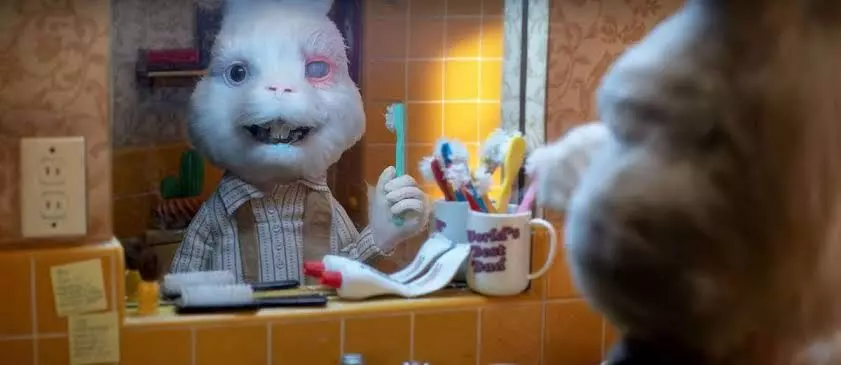
The crude narrative begins with Ralph, a rabbit struggling to brush his teeth with his one eye blind, deaf in one ear and chemical burn marks on his spine while narrating his ordeal to the documentary crew following him.
However, he is pretty indifferent about his permanent injuries considering how his entire family including his children who were subjects of these cosmetics testing died doing the same job. He tries to be strong and accepts his fate for a 'good reason': the safety of humans.
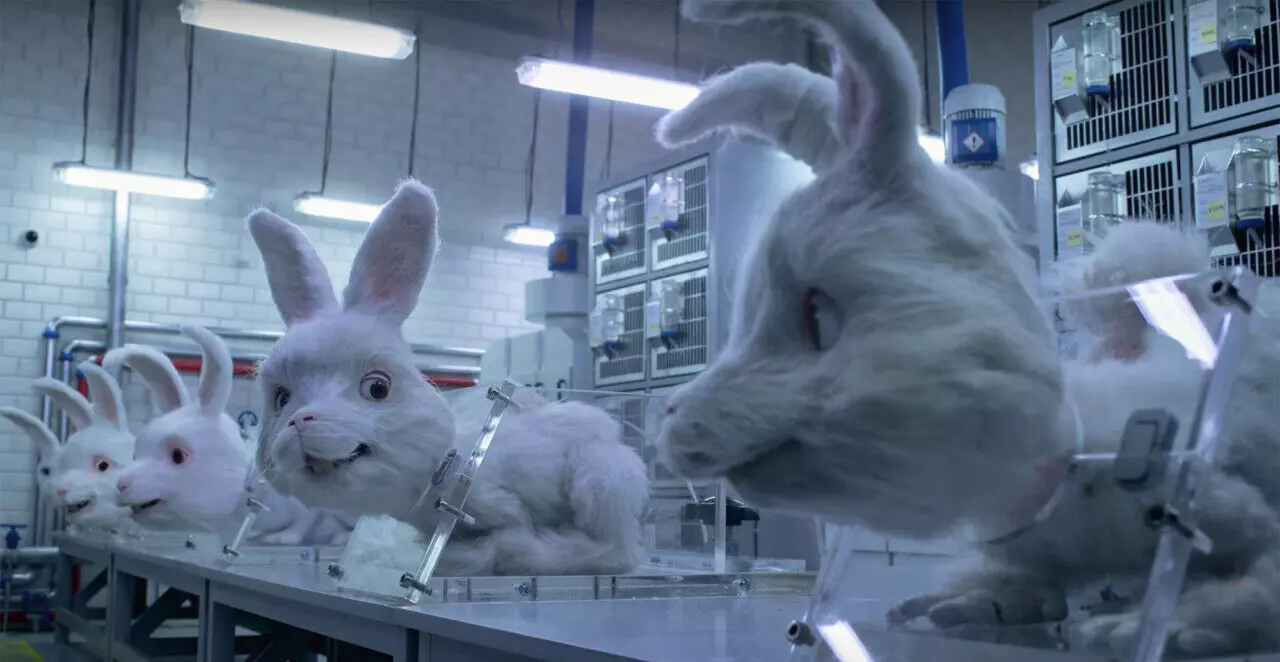
Ralph talks about how he is quite content with doing the same thing as he munches on some cereals.
He says it as if he is obliged to do it and explains how the humans are "far superior to he is. Humans have been to space, but has any rabbit ever been to space? he asks.
The mockumentary becomes more cutting when Ralph is seen to be ripped from his home by human hands and placed into a container with other rabbits before getting a shot right to his eye. He comes out of his testing with a neck brace and even more injuries than he had prior. However, he continues to downplay his suffering by saying how he would lose everything if it wasn't for the humans.
He then "imagines himself living in a field like normal rabbits and struggles to put a thumb up to say "it's all good" to the documentary crew following him around.
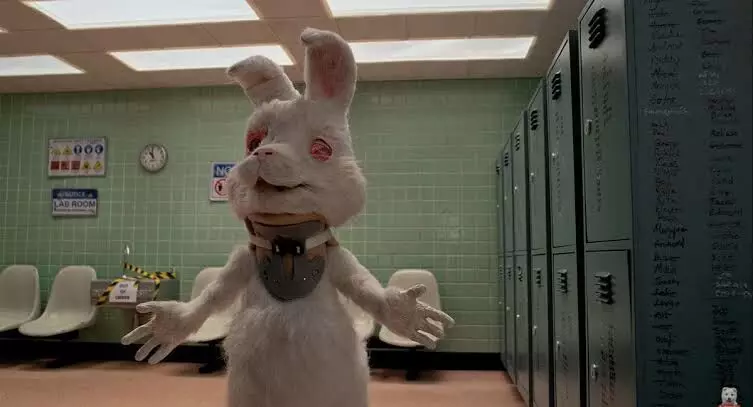
A wake-up call to consumers!
The film shines a light on the fact that we have assets of reliable animal-free methods to ensure product safety and that there is no excuse for making animals like Ralph suffer in testing.
About choosing this style of filmmaking, Spencer believes that stop motion is the perfect way to deliver the message among everyone as when one sees the horrible reality of the way animals are treated in these labs, the more explicit and cruel the visuals are, the more chances are that we will look away.
While the practice of animal testing is already banned in 40 countries, it is still legal in most of the world and this campaign focuses on 16 countries including Brazil, Canada, Chile, Mexico, South Africa, and 10 Southeast Asian nations.
The Human Society International has also started a petition seeking the help of consumers to fight cosmetic and ingredients testing on animals.
Now, believe it or not, many of your favourite cosmetic products are not cruelty-free!
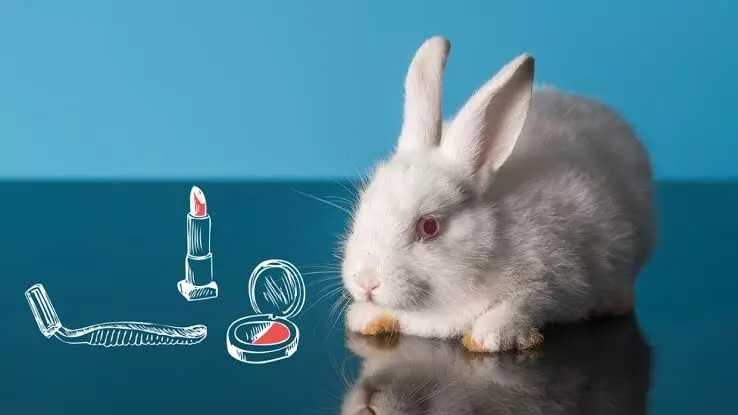
If there is one thing that catches the attention of a conscious consumer while buying a cosmetic product, that would be the brands claiming to be cruelty-free. But truth be told, several brands have themselves been exposed for animal testing revealing how the word 'cruelty-free they use is just another marketing gimmick to lure us into buying their products.
And this might come as a shock to many, but several numbers of those everyday cosmetic products lying in your vanity bags are really not cruelty-free. Although they are promoted as cruelty-free products, the brands include a clause about "except when required by law". If they are sold in stores in China, this clause then means that they are not a cruelty-free brand as China has mandatory rules to do animal testing on foreign products.
Here are some of the top cosmetics brands whose products are still tested on animals.
Nars, Loreal, Estee Lauder, Mac, Benefit, Maybelline, Rimmel London, Revlon, Clinique, Bobi Brown, Chanel, Giorgio Armani, Burberry, Dior
And many more!
How to know if your cosmetics are cruelty-free?
The fastest and easiest way to spot whether a product is cruelty-free or not is by looking for a certified cruelty-free bunny logo on product packaging.
One can also refer to PETA's Global Beauty Without Bunnies program, a searchable online database where you can find out whether the cosmetic product you are using is cruelty-free.
Bottom line?
Our collective voice as a conscious consumer by choosing not to buy such products can be made as impactful as the 'Save Ralph' campaign to end the practice of animal testing on cosmetics!





